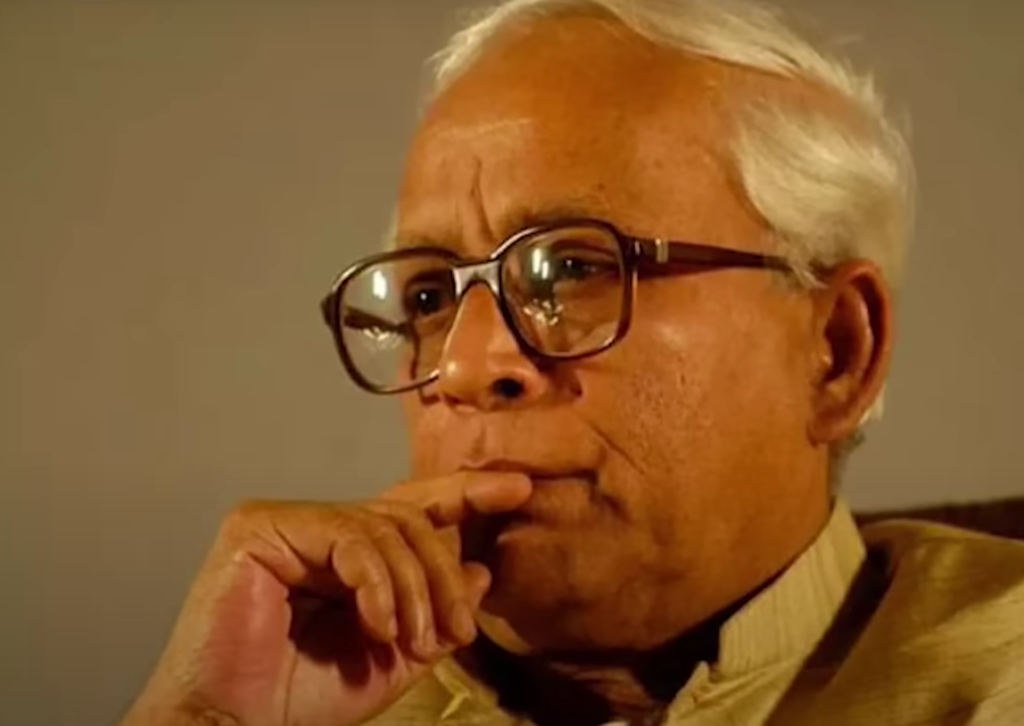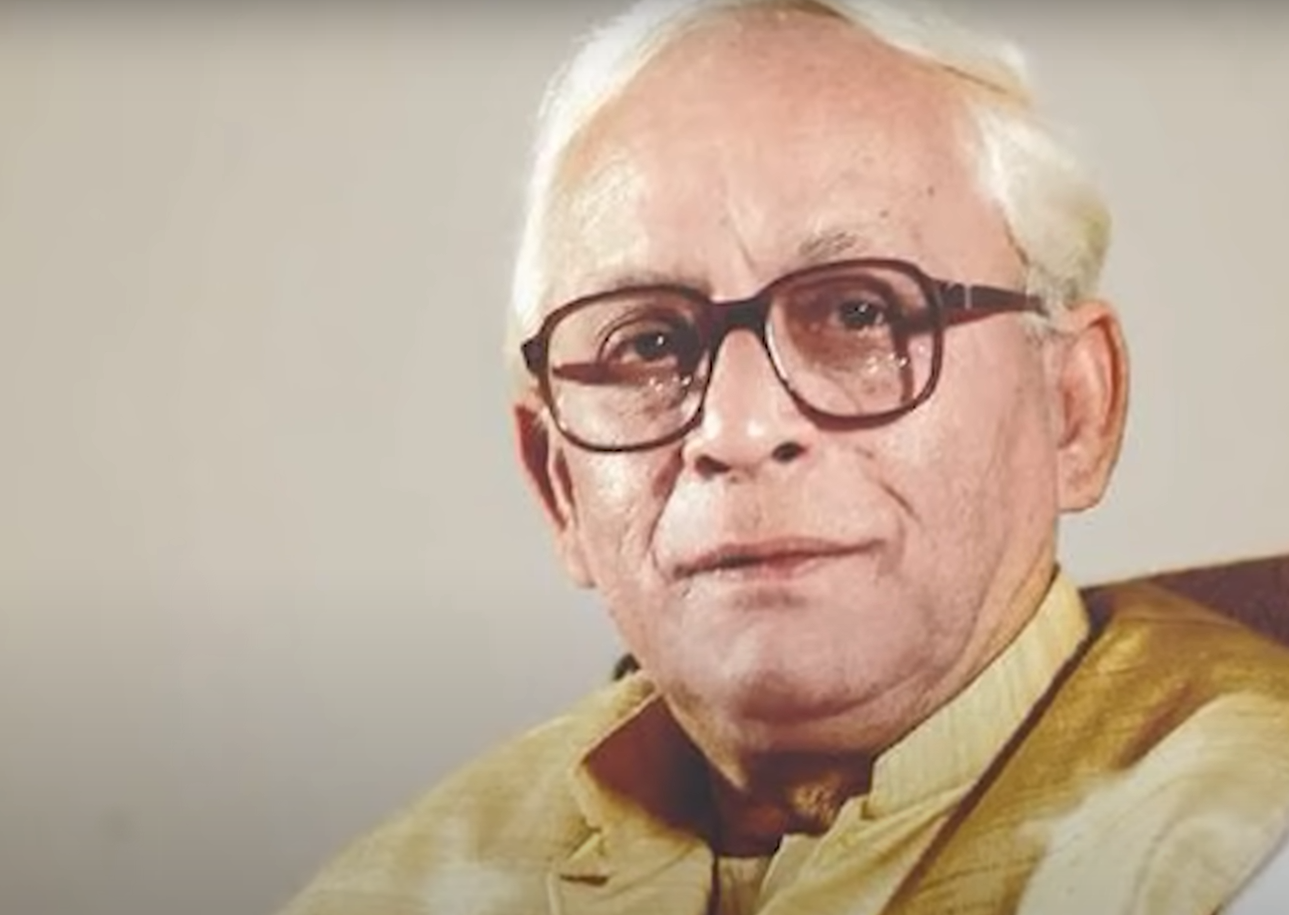Kolkata, India – Buddhadeb Bhattacharjee, the former Chief Minister of West Bengal and a prominent figure in the Communist Party of India (Marxist) [CPI(M)], passed away at the age of 80 on Thursday morning. His family confirmed that he died at his residence in Ballygunge, Kolkata, at 8:20 AM, following years of battling age-related health issues. Bhattacharjee is survived by his wife, Mira Bhattacharjee, and his daughter, Suchetana Bhattacharjee.
A Leader of the People
Buddhadeb Bhattacharjee was a towering figure in West Bengal’s political landscape, serving as the state’s Chief Minister from 2000 to 2011. He succeeded Jyoti Basu, another stalwart of the CPI(M), and became the last Left Front Chief Minister of West Bengal. His tenure is remembered for both its aspirations and its controversies, particularly the industrialization efforts that sparked widespread protests and eventually led to the Left Front’s defeat in the 2011 Assembly elections.
Born on March 1, 1944, Bhattacharjee grew up in a politically active family, which greatly influenced his early years and eventual foray into politics. He joined the CPI(M) in the 1960s and quickly rose through the ranks, becoming a central figure in the party’s leadership in West Bengal. His intellectual rigor and commitment to Marxist principles earned him respect not only within his party but also among his political opponents.
A Legacy of Industrialization and Controversy
Bhattacharjee’s tenure as Chief Minister was marked by his ambitious vision for transforming West Bengal into a hub for industry and development. He believed that industrialization was key to reviving the state’s economy, which had been stagnating due to years of underinvestment and political instability. His government’s policies aimed at attracting large-scale investments and setting up new industries, particularly in areas like Singur and Nandigram.
However, these industrialization efforts were met with strong resistance from local farmers and political rivals, most notably the Trinamool Congress (TMC) led by Mamata Banerjee. The government’s attempts to acquire land for industrial projects led to mass protests and violent clashes in several areas. The incidents in Singur and Nandigram became flashpoints, with Mamata Banerjee leading large-scale agitations against the land acquisition policies. These protests significantly eroded the CPI(M)’s support base, especially among the rural population, and set the stage for the Left Front’s eventual downfall in the 2011 elections.
Despite the controversies, Bhattacharjee remained steadfast in his belief that industrialization was the way forward for West Bengal. He envisioned a state where modern industries could coexist with the agricultural sector, providing jobs and economic opportunities for the youth. His tenure also saw efforts to improve the state’s infrastructure, with investments in roads, power, and IT services.

The Decline of the Left and Bhattacharjee’s Retreat from Public Life
The 2011 Assembly elections marked a significant turning point in West Bengal’s political history. The CPI(M)-led Left Front, which had governed the state for an unprecedented 34 years, was decisively defeated by the Trinamool Congress. Mamata Banerjee, riding a wave of popular support fueled by the anti-land acquisition protests, became the new Chief Minister, ending the Left’s long reign.
Following the electoral defeat, Bhattacharjee stepped down as Chief Minister and gradually withdrew from active politics. In 2015, he resigned from the CPI(M) politburo and central committee, and three years later, he relinquished his membership in the party’s state secretariat. His declining health further curtailed his involvement in political activities, and he became increasingly reclusive, rarely making public appearances.
His last notable public appearance was in 2019, when he surprised party workers by attending a Left Front rally at the Brigade Parade Grounds in Kolkata, despite his frail health. He arrived at the rally with oxygen support, a poignant reminder of his dedication to the party and its principles even in his twilight years.
A Farewell to a Stalwart
Buddhadeb Bhattacharjee’s passing marks the end of an era in West Bengal politics. He was not just a political leader but also an intellectual who contributed significantly to the cultural and ideological discourse in the state. His writings and speeches reflected a deep commitment to Marxist ideology and a vision for a more equitable society.
West Bengal Chief Minister Mamata Banerjee expressed her condolences upon hearing the news of Bhattacharjee’s death. “I am saddened by the sudden demise of former West Bengal Chief Minister Shri Buddhadev Bhattacharya. I have known him for decades and visited him at home a few times when he was ill in the last few years. I feel very sad right now. My sincere condolences to Meeradi and Suchetan in this time of bereavement. My sincere condolences to all CPI(M) party members, supporters and all their followers,” she tweeted.
Bhattacharjee’s death has left a void in the political landscape of West Bengal, where he played a pivotal role for decades. His contributions to the state’s development and his efforts to modernize its economy will be remembered, even as the controversies of his tenure continue to be debated.
The Man Beyond Politics
Beyond his political career, Bhattacharjee was known for his love of literature and the arts. He was an avid reader and a writer, contributing to various literary journals and magazines. His intellectual pursuits were well-known, and he often quoted from literature and history in his speeches, reflecting his deep engagement with cultural and philosophical ideas.
In his private life, Bhattacharjee was a simple and unassuming man, known for his humility and dedication to his principles. He lived modestly, even during his tenure as Chief Minister, and was known for his frugal lifestyle. His relationship with his family was close-knit, and he often spoke of his wife and daughter with great affection.
As West Bengal bids farewell to one of its most prominent leaders, Buddhadeb Bhattacharjee’s legacy will continue to influence the state’s politics and its path forward. His life and career serve as a testament to the complexities and challenges of leadership, especially in a state as diverse and dynamic as West Bengal.






One thought on “Former West Bengal Chief Minister Buddhadeb Bhattacharjee Passes Away at 80”